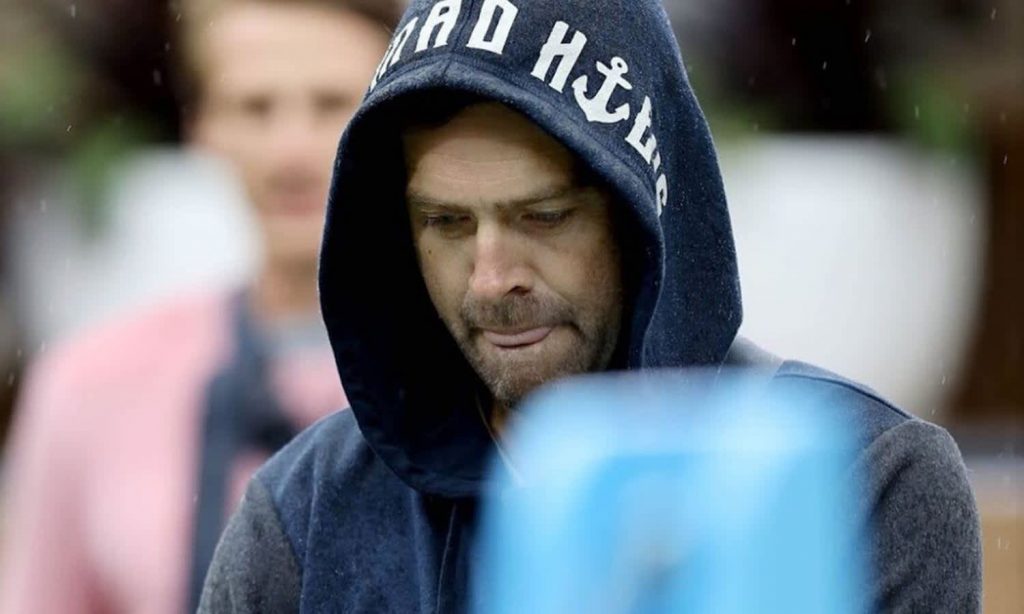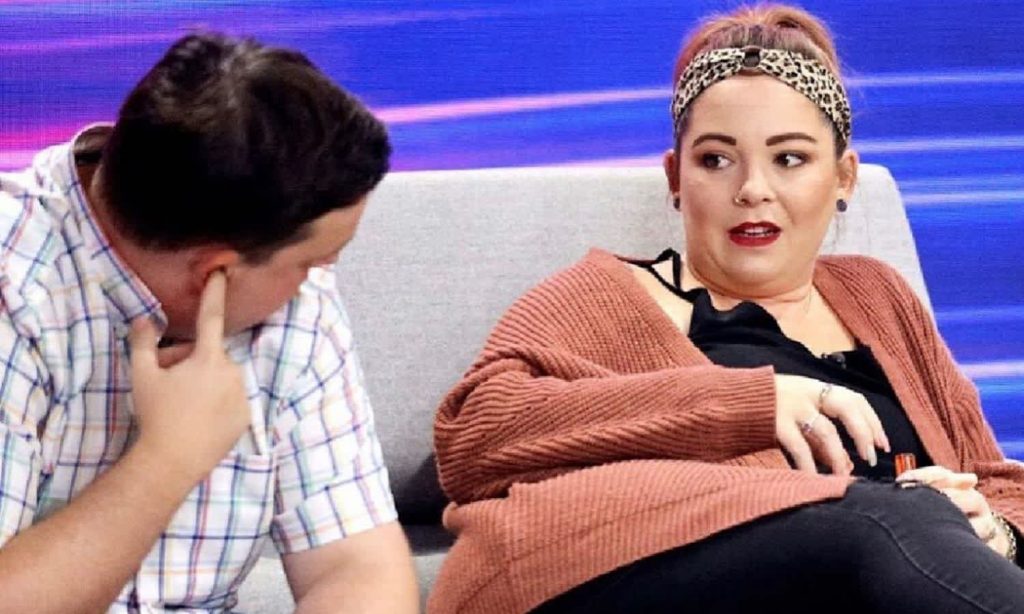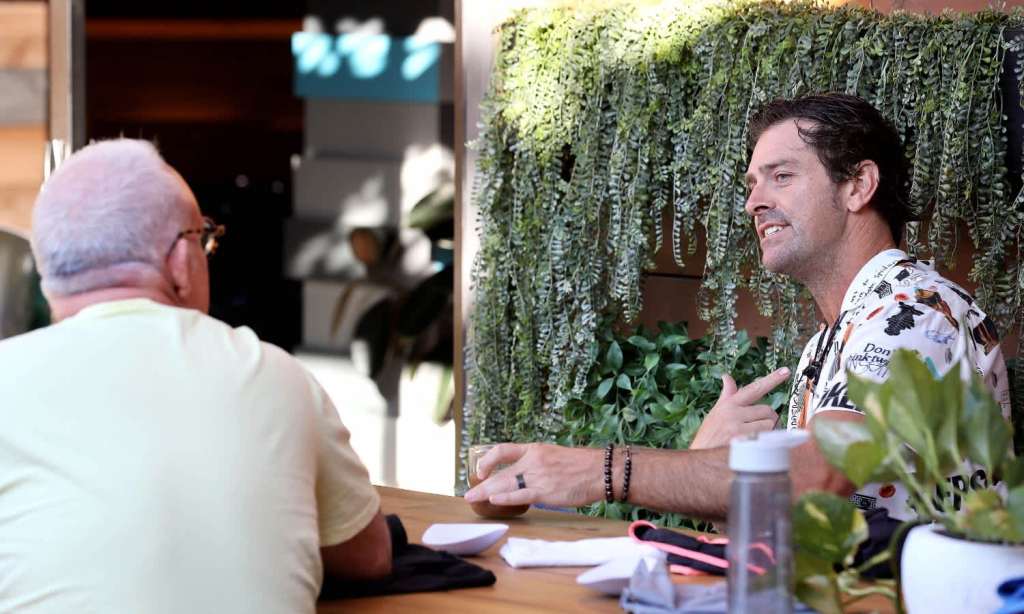Big Brother Australia has long been known for its quirky and controversial characters including the headline inducing scandals inside and out of the house.
When the series was on Network Ten, live-streaming of the series was problematic. There was nudity, swearing and a no filtered approach — which fans couldn’t get enough of.
After the infamous turkey-slap incident of 2006, Ten quickly gave up the show, handing over the reins to Channel 9 — this time, with less punch.
Before long, the format had grown tiresome and it was taken off our screens within a few years and while it proved problematic, there was one thing that these seasons had, that the new reboot on Channel 7 doesn’t. And that is human interest stories.
During my chats with the evictees in the 2020 season, TheLatch— has uncovered stories which have never been mentioned or had any air time on the show.
Of course, we’ve learnt bits and bobs about each housemate — Angela Clancy loves English breakfast tea, Garth Saville loves to entertain and Daniel Gorringe is a master manipulator, however, we haven’t even scratched the surface of any of the human and real stories behind each housemate.
We heard about Clancy moving to Australia with just one suitcase, Sarah McDougal working from a young age to support her family and Saville fostering a child with his partner, Gavin, but we never saw them talk about it on-screen.
During my interview with Shane Vincent, he shared his strong advocacy for mental health support and mental health professionals. That’s the stuff that should make it onto TV — the stuff that can help others, who might be struggling, or want to see themselves or their stories across mainstream media.
During the box task, Vincent and Marissa Rancan spoke for four hours about their lives — with only the lighthearted stories shown.
“Marissa loved to chat. So, pretty much from her infancy to the present day, she told me every single detail. But she did start a conversation with me about mental health and so we spoke about how we both had our issues with mental health and talk to mental health professionals,” he said.
Vincent then told me that he had suffered from mental health issues after the death of a neighbour.
“A little boy died in my arms when I was giving him CPR and I’ve always struggled with that,” he told me, before saying that if the network had shown the story, it “would have brought more exposure to how great mental health professionals are and how much that can help you pull you out of the darkness.
“Having someone to speak with a during that time for me, was the best thing that I could possibly have done.”

Danni Uniek also had a storyline which was never talked about during the show.
“In the last two years, I was actually diagnosed with a neurological condition and it completely flipped my world upside down,” Uniek told me.
“It affects my arms, legs and it also affects my nerves so I have body tremors and attacks.
“It’s crazy to look back now but in those darker moments, you don’t see any light but I would have never gotten the chance or the opportunity to apply for Big Brother had I not gone through what I’ve gone through.”
“It’s called “Functional Neurological Disorder”. There’s no organic reason for my body to be doing this. With MS [Multiple Sclerosis] there are lesions on the brain. With Motor-Neurons Disease your body attacks the neurons in your brain.”
Later, she expressed her shock that it had never aired.
“I’m really surprised that they didn’t show that, that I was a representation of a disability you can’t see and just going through those dark times and really coming out of it a stronger and different person — a stronger, better one I think,” she said.

So, why isn’t the series showing these human stories?
I have my own theories — namely, that Channel 7 has gone in the direction of light and fun, focusing more on what goes on inside the house, rather than what goes on on the outside.
The show is very successful in this sense, and it’s our job as journalists to uncover the rest of the stories.
In an interview with Clancy, the second-time she was evicted from the house, I asked her what she thought.
“The show has respected all of us,” she said. “When we would have such conversations on the show and we would say, ‘Oh, I don’t like to talk about this too much because it’s very personal’, they respected that.
According to Clancy, Danni told the housemates that she didn’t like the “sympathy” and “only likes for her family to know” about her condition.
“She won’t go and advertise it on Facebook because she doesn’t want a pity party or anything like that,” she added.
Clancy also praised the show and executive producer, Amelia, who was very “personable” and “respected” the housemates, making it “light” and “fun”.
“It’s a family show and a lot of us are family-oriented people,” she said.
The human stories behind these people are what makes them so interesting, however, the new format is certainly fun to watch.
And besides, this is the fun of being an entertainment journalist — learning new and interesting things about people when they step out of the spotlight.







